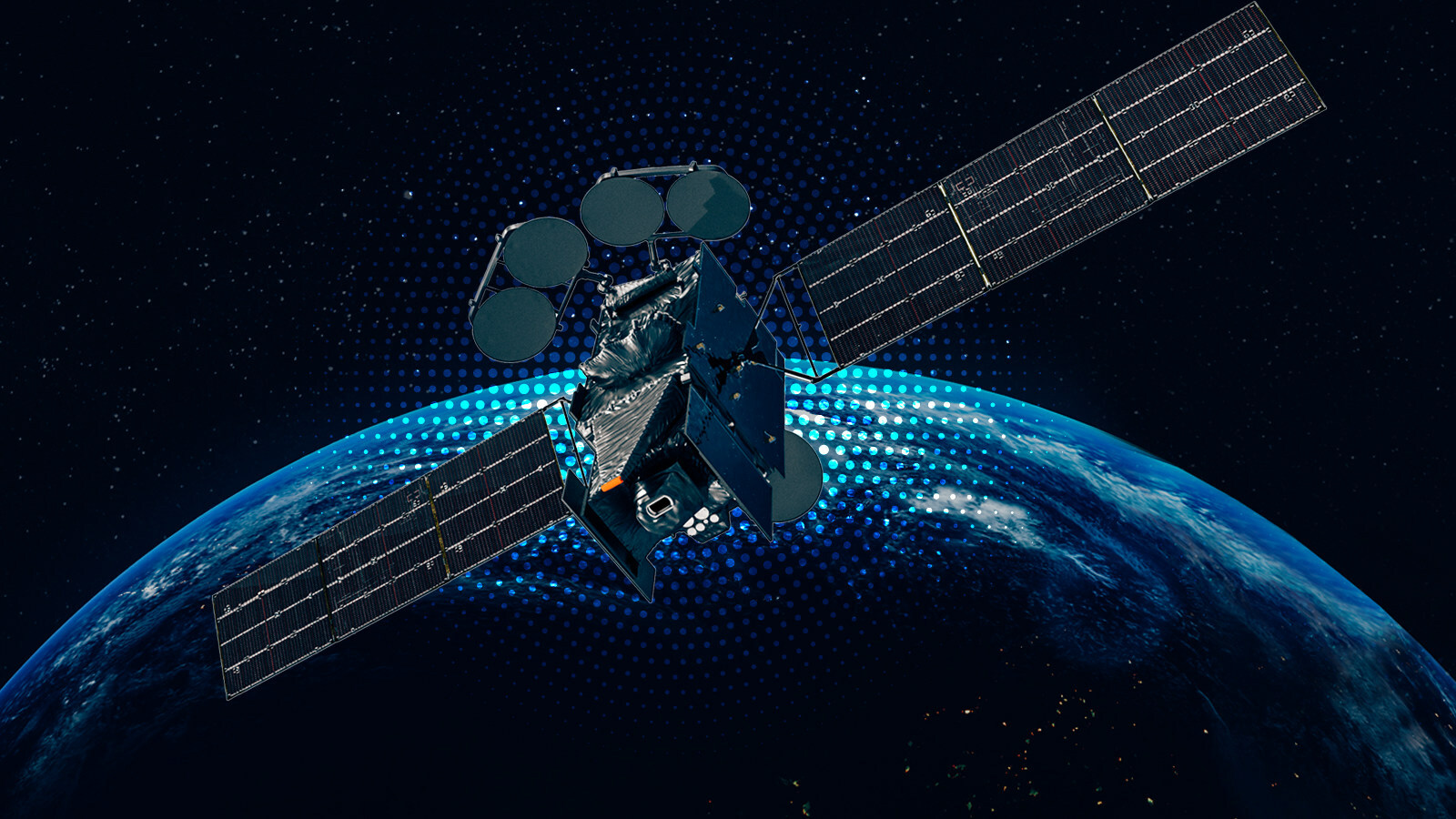NASA to Host Media Call on Upcoming Air Quality Satellite Launch
A NASA media teleconference will take place on Wednesday, April 5, at 1 p.m. EDT to discuss the planned launch of the first space-based device that will monitor significant air pollutants in North America every hour during the day.
NASA's TEMPO (Tropospheric Emissions Monitoring of Pollution instrument) will improve life on Earth by revolutionizing the way scientists observe air quality. A partnership between NASA and the Smithsonian Astrophysical Observatory – a part of the Center for Astrophysics | Harvard & Smithsonian – TEMPO will launch on a commercial mission in early April.
The briefing participants are:
TEMPO will be the first space-based instrument to monitor major air pollutants hourly in high spatial resolution—down to four square miles—in a region stretching from the Atlantic to the Pacific, and from the Canadian oil sands to below Mexico City, encompassing the entire continental United States.
The instrument is a payload on the satellite Intelsat 40E. It was built by Ball Aerospace and integrated onto Intelsat 40E by Maxar.
For more information on NASA Earth science, visit:
https://nasa.gov/earth
SOURCE NASA

NASA's TEMPO (Tropospheric Emissions Monitoring of Pollution instrument) will improve life on Earth by revolutionizing the way scientists observe air quality. A partnership between NASA and the Smithsonian Astrophysical Observatory – a part of the Center for Astrophysics | Harvard & Smithsonian – TEMPO will launch on a commercial mission in early April.
The briefing participants are:
- Karen St. Germain, Earth Science Division director, NASA Headquarters
- Kevin Daugherty, TEMPO project manager, NASA's Langley Research Center
- Xiong Liu, TEMPO deputy principal investigator, Center for Astrophysics | Harvard & Smithsonian
- Dennis Nicks, director of payload engineering, Ball Aerospace
- Aaron Abell, TEMPO project manager, Maxar
- Jean-Luc Froeliger, senior vice president of Space Systems, Intelsat
TEMPO will be the first space-based instrument to monitor major air pollutants hourly in high spatial resolution—down to four square miles—in a region stretching from the Atlantic to the Pacific, and from the Canadian oil sands to below Mexico City, encompassing the entire continental United States.
The instrument is a payload on the satellite Intelsat 40E. It was built by Ball Aerospace and integrated onto Intelsat 40E by Maxar.
For more information on NASA Earth science, visit:
https://nasa.gov/earth
SOURCE NASA










No comments: